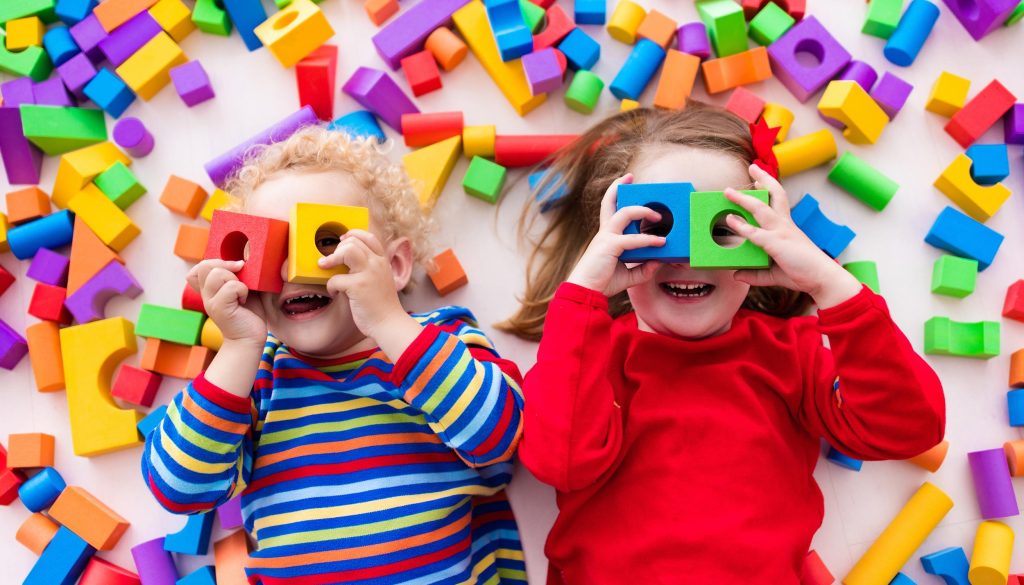Games to Support Connection and Emotional Intelligence

The normal challenges of everyday life for a growing child of any age may stimulate a ton of feelings. Children need the chance to work through these emotions and play is one of the main ways to do this. It’s their work and their way of learning skills they’ll need to help them develop healthy relationships, increase self-awareness and empathy, and build the necessary skills to navigate the social world.
Reasons why connection and social-emotional intelligence are essential for kids:
- This helps them gain the ability to form healthy relationships- Children who develop strong social-emotional intelligence are better equipped to form healthy relationships with peers, teachers, and family members. They learn to communicate effectively, resolve conflicts, and collaborate with others, which are essential skills for success in school and beyond.
- Increases self-awareness- Social-emotional intelligence helps children understand their emotions, thoughts, and behaviors. They learn to identify and express their feelings, which can help them manage stress and cope with challenges.
- Improves empathy- Children who have developed social-emotional intelligence are better able to understand and relate to others’ feelings and perspectives. They learn to be empathetic and compassionate, which is an essential component of healthy relationships.
- Better mental health- Social-emotional intelligence can help children develop resilience and coping skills, which can improve their mental health. They learn to regulate their emotions and manage stress, which can reduce the risk of anxiety and depression.
- Future academic success- Children who develop social-emotional intelligence are more likely to be successful in school. They have better self-regulation skills, which can help them focus on their studies and complete tasks more efficiently.
Some games that can help promote connection and bonding:
- The Feelings Game: This game helps children learn to identify and express their emotions. Read books or share cards with different emotions and take turns discussing an experience related to the emotion on the card.
- The Hugging Game: When your child is in your face or annoying their sibling, they need the attention and reassurance of your love. Try hugging them tight and say “I LOVE hugging you! I never want to let go. Then let go and connect with a big smile and say “Thank you! I needed that!”
- The Mindful Jar: This game is great to help children learn to calm down, manage their emotions and develop mindfulness skills. It involves creating a jar filled with water, glitter, and other small objects, then shaking it up and watching the glitter settle while taking deep breaths.
- Board games: Board games are a great way to connect with kids. They usually require cooperation and communication. Try Candy Land or Chutes and Ladders.
- Scavenger hunt: A scavenger hunt is a fun and exciting way to spend time with kids. Create a list of items to find and hide them around the house or yard. Kids will love the thrill of the hunt, and you can use the opportunity to talk and bond.
- Arts and crafts: Arts and crafts are a fun way to connect with kids and encourage their creativity. Set up developmentally appropriate activities. They can include a crafting station with paper, markers, glue, and other materials, and let them create whatever they like. You can join in and create your own art alongside them.
Playing helps parents and children feel closer. Remember to be present, engaged, and patient. By taking the time to play and have fun with them, you will build strong bonds that will last a lifetime.





